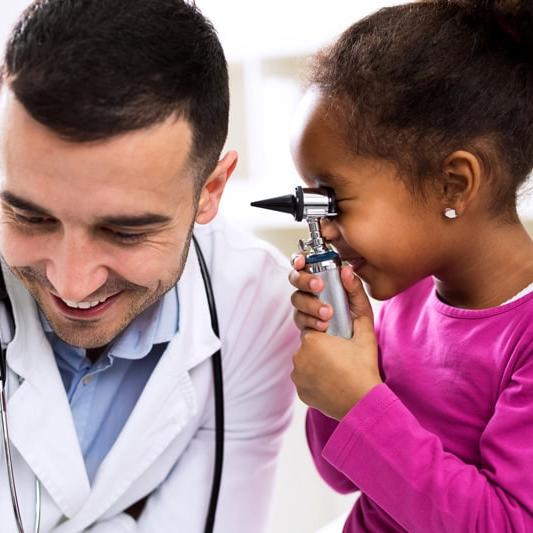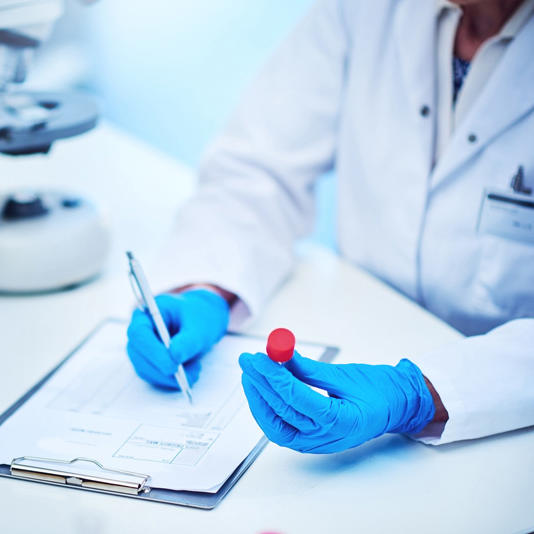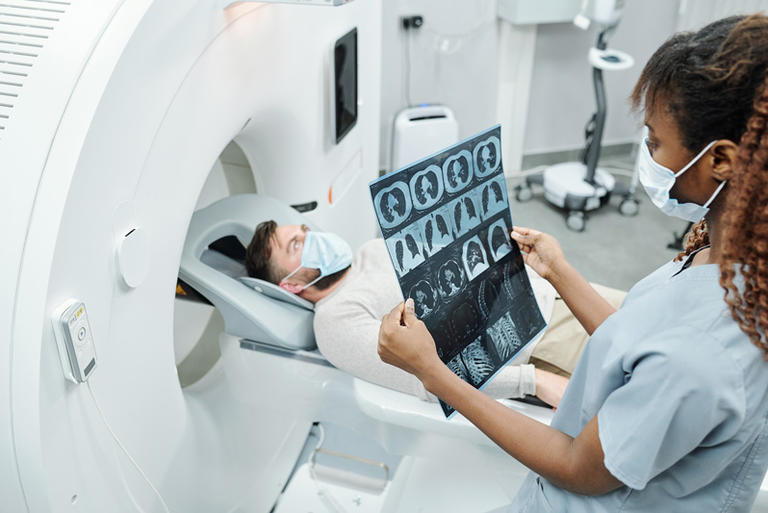If you are interested in both mental health and becoming a physician, psychiatry might be the career for you. But what is a psychiatrist and what do psychiatrists do? A number of careers focus on treating people’s mental health—counselors, psychologists, and therapists all deal with patients experiencing mental health issues, but they are not licensed physicians. All doctors must help care for the mental health of their patients to some degree. But only psychiatrists are physicians who specialize in the diagnosis and treatment of mental illness. If you are interested in learning how to become a psychiatrist, read on to learn what kinds of disorders they treat and what kinds of education are required to become one.
What Do Psychiatrists Do?
Psychiatrists diagnose, prevent, and treat a wide variety of mental, emotional, and behavioral issues. These include such conditions as anxiety and depression; various addictive, mood, and sexual and gender identity disorders; and many other psychological disorders. Their training as a physician and understanding of the complex biological, psychological, and social aspects of mental illness make psychiatrists uniquely qualified to treat people with mental illness. Their background allows them to understand the interrelationship between physical and mental health, and they treat psychological disorders through a combination of medication, individual and group therapy, and behavior modification. Psychiatrists help individuals, families, and other groups address their mental health needs by drawing on their extensive medical and psychological backgrounds and devising treatments tailored to those in need.
Education Needed to Become a Psychiatrist
To become a psychiatrist, you must first earn a degree from an accredited medical school such as Ross University School of Medicine (RUSM)*. RUSM is located on the Caribbean island of Barbados. Students at RUSM take two years of medical science classes followed by two years of clinical training, similar to students at United States-based medical schools. RUSM’s medical sciences curriculum is completed on campus in Barbados, while the clinical portion of one’s training can be completed at RUSM’s affiliated clinical locations in the United States.
Standards for the study of psychiatry are set by the Accreditation Council for Graduate Medical Education (ACGME). ACGME recognizes nine subspecialties of psychiatry:
- Addiction Medicine
- Addiction Psychiatry
- Brain Injury Medicine
- Child and Adolescent Psychiatry
- Forensic Psychiatry
- Geriatric Psychiatry
- Hospice and Palliative Medicine
- Sleep Medicine
Medical sciences training for a student of psychiatry consists of courses in behavioral science and the nervous and psychiatric systems, as well as the study of anatomy, biochemistry, and physiology. Clinical training consists of rotations (also known as clerkships) in a variety of medical disciplines including internal medicine, surgery, pediatrics, and psychiatry. Following the core rotations, medical students choose elective clerkships in medical subspecialties that will provide them with the knowledge and skills necessary for the next step in the process: postgraduate residency.
Residencies give newly degreed doctors the opportunity to practice and hone their skills before they are licensed to practice medicine. Psychiatry residents help take care of patients with mental health issues in both hospital and outpatient settings. In hospital settings, psychiatry residents work with medical and surgical patients who have mental health concerns as well as people having difficulty coping with surgeries and illnesses. First-year residents, also known as interns, train in a hospital setting learning to treat a variety of medical illnesses. In the following three or more years of residency, residents learn to diagnose and treat many kinds of mental disorders through the use of different types of psychotherapy in combination with the prescription of psychiatric medication and other treatments.
The American Psychiatric Association (APA) has prepared a Guide to Applying for Psychiatric Residency that can help prospective students plan their education to prepare them to apply for a psychiatric residency.
At RUSM, the Office of Career Advisement (OCA) helps students determine which residency specialty—such as psychiatry—may suit them best. The OCA then helps students negotiate the National Resident Matching Program® (NRMP®)—a placement system which medical students who want to obtain licensure in the United States use to “match” with a medical residency. A psychiatry residency generally lasts four years. In 2021, RUSM had a first-time residency attainment rate of 92 percent for 2020-2021 graduates, a rate comparable with the overall match rate (93 percent) for medical schools in the United States. In recent years, RUSM graduates have matched with psychiatry residency programs at Berkshire Medical Center in Massachusetts; Garnet Health Medical Center in New York; Kern Medical Center in California; the Indiana University School of Medicine; and many others.
For more information on the path to becoming a psychiatrist, consult the APA’s webpage Choosing a Career in Psychiatry. Professional organizations promoting the study and practice of psychiatry include the American Board of Psychiatry and Neurology, Inc., the American College of Psychiatrists, and the American Psychiatric Association™. These organizations can help doctors network with other physicians, find additional educational opportunities, and learn about developing topics in psychiatry.
Now that you know how to become a psychiatrist and what it is they do, learn more about RUSM’s MD Program and how it can prepare you for a career in psychiatry. When you’re ready, apply to RUSM and begin your path to becoming a psychiatrist.
Related Resources:
*Ross University School of Medicine is accredited by the Caribbean Accreditation Authority for Education in Medicine and other Health Professions (CAAM-HP, www.caam-hp.org).
*Ross University School of Medicine is accredited by the Caribbean Accreditation Authority for Education in Medicine and other Health Professions (CAAM-HP, www.caam-hp.org).
CAAM-HP is the legally constituted body established in 2003 under the aegis of the Caribbean Community (CARICOM), empowered to determine and prescribe standards and to accredit programs of medical, dental, veterinary and other health professions education on behalf of the contracting parties in CARICOM.
Accreditation by CAAM-HP is a rigorous, peer review process which examines all aspects of a medical program. The CAAM-HP board, an independent and autonomous body of professionals, only certifies medical schools which are operating at the highest levels of industry standards.
Through this accreditation, the CAAM-HP provides assurance to medical students, graduates, the medical profession, healthcare institutions and the public that programs leading to qualifications in medicine meet appropriate national and international standards for educational quality, and that the graduates have a sufficiently complete and valid educational experience.




